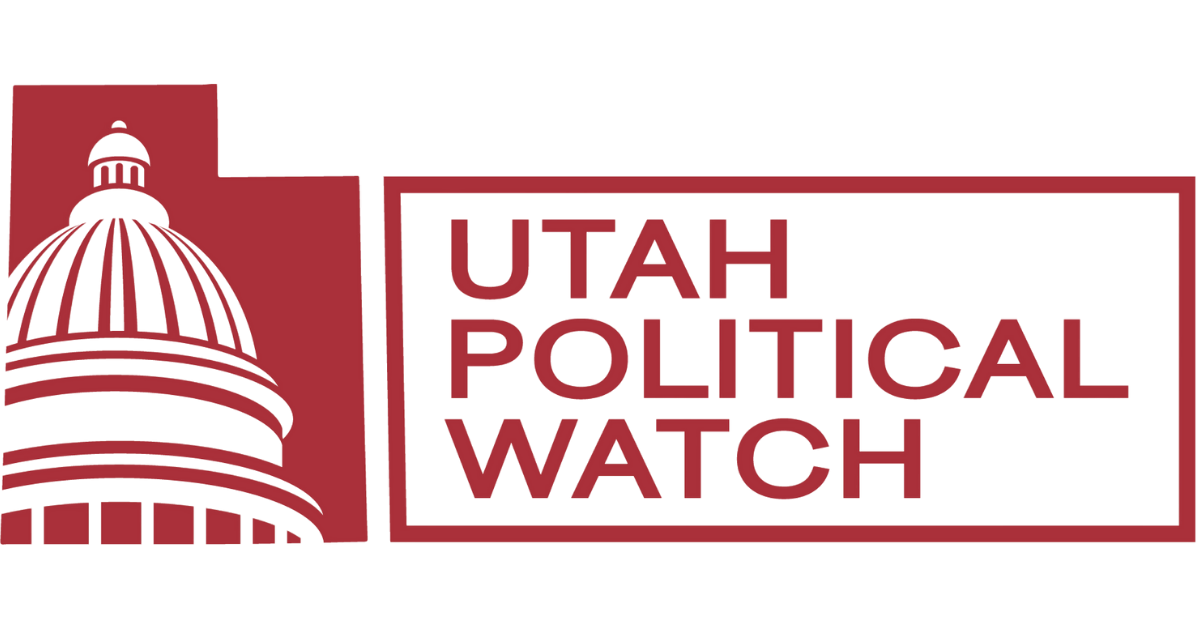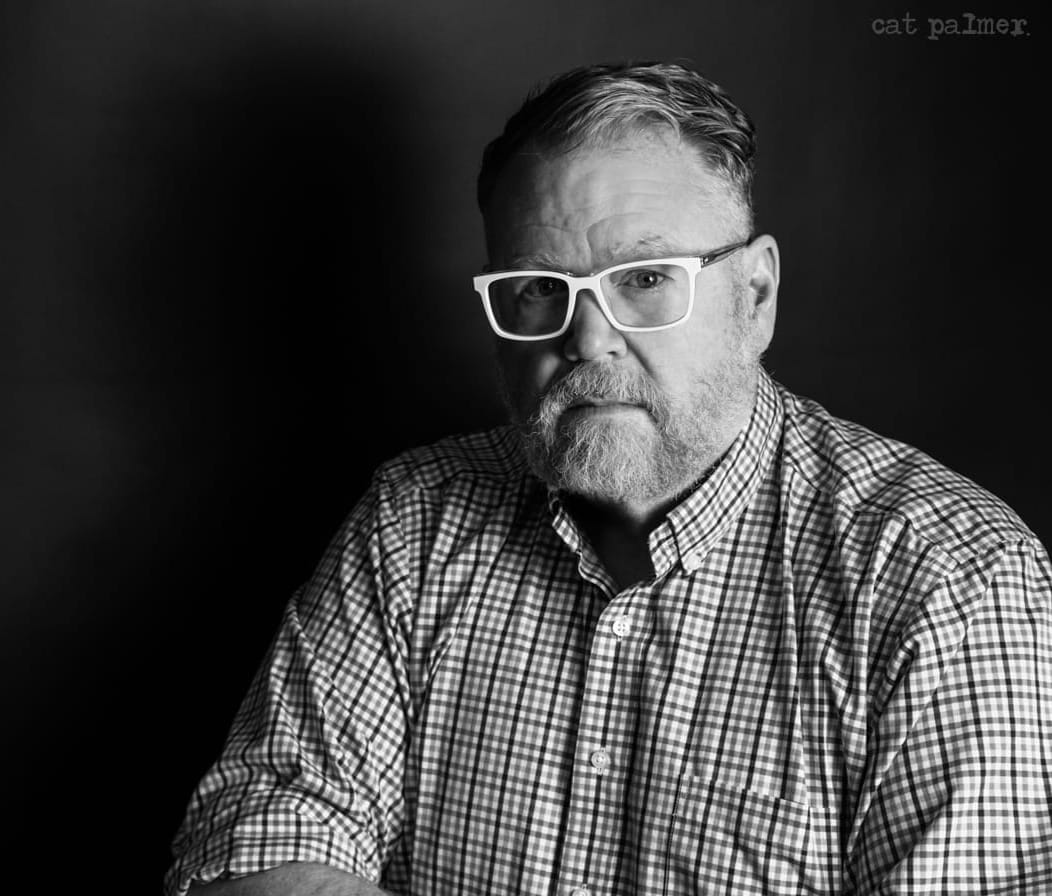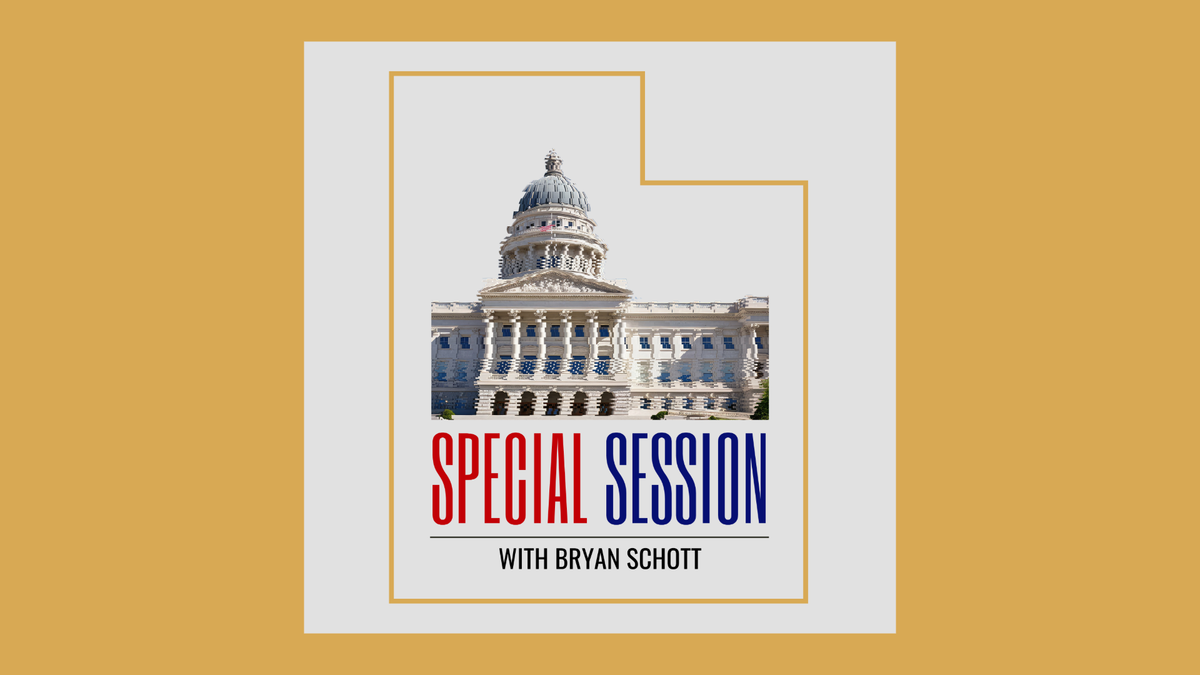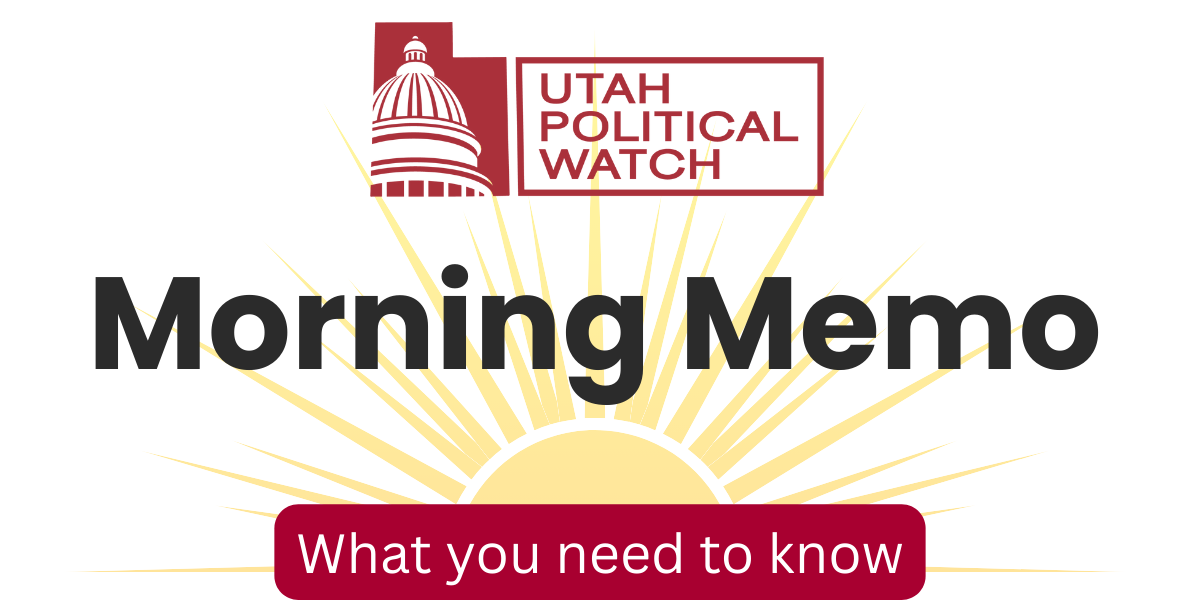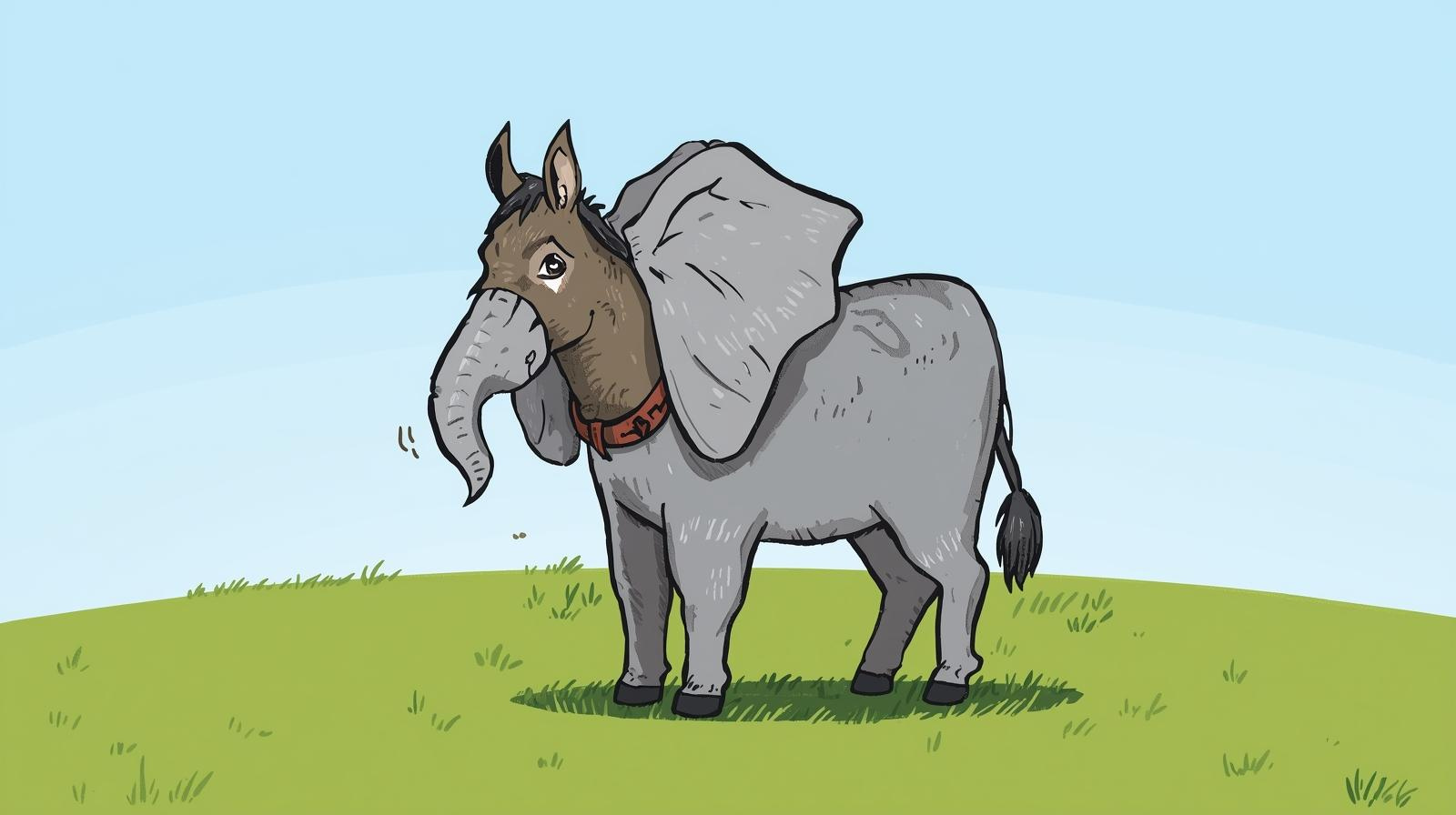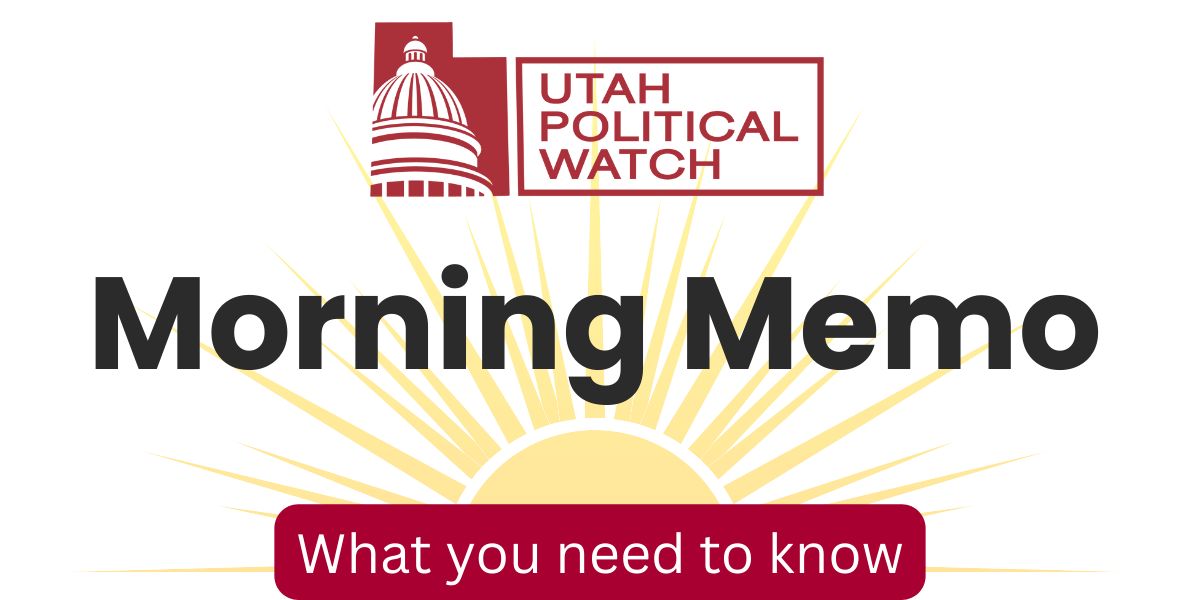In one of the closest races in recent memory, incumbent Rob Axson defeated former Rep. Phil Lyman by just 125 votes on Saturday to win his second term as chairman of the Utah Republican Party.
Axson’s first two years in office have been extremely successful by any measure. Under his guidance, the party raised hundreds of thousands of dollars to provide support for candidates up and down the ballot - something the Utah GOP has not been able to do for several election cycles.
Despite that success, he came alarmingly close to being ousted by Lyman. A full 48% of delegates who showed up on Saturday voted for someone else.
Axson admits that he probably would not have won if not for a last-minute endorsement from President Donald Trump.
“Do I think that I could have won on my own? No, I don’t. And I don’t know what that metric is,” Axson said shortly after winning.
The next two years won’t be a cakewalk for Axson. He’ll have to find a way to mend fences with the pro-Lyman faction of the GOP who have demonstrated they don’t let go of grudges easily. They’re still fuming over Lyman losing the party’s gubernatorial nomination last year.
THE CLOCK IS TICKING ON LYMAN
It’s hard to wash off the stink of losing in politics.
Lyman managed to compress several campaign cycles worth of election losses into just 11 months.
He lost the GOP gubernatorial primary to Spencer Cox last June.
Lyman followed that up with a third-place finish with his write-in campaign in November.
He completed the trifecta on Saturday with a defeat in his bid to lead the Republican Party.
Lyman has already announced plans to run for governor again in 2028, but it’s difficult to see how he’ll be able to get voters to take his candidacy seriously. It will take significant effort to rehabilitate his image.
Over the past few years, Lyman has aligned himself with crackpots, conspiracy theorists, election deniers and social media bomb throwers - hardly the kind of people who scream “mainstream appeal.”
The scorched-earth approach to politics from Lyman’s supporters turned off more than a few delegates who were motivated to show up on Saturday simply to vote against him.
“I’ve had my fill of Phil,” said one delegate who asked that his name not be used for fear of reprisal from Lyman’s supporters.
UTAH REPUBLICANS AREN'T READY FOR A SHOWDOWN OVER SB54...YET
The sponsor of a controversial rule change proposal to kick candidates who collect signatures to get on the ballot surprised delegates when he suddenly yanked it from the agenda.
Had the proposal been able to muster the 2/3 vote needed to pass, it would have put party rules in direct conflict with state law. Under SB54, political parties that want to nominate candidates through the traditional caucus system must also allow candidates to collect signatures. That likely would have sparked a legal fight with the state.
The last time the Utah Republican Party challenged SB54 in court, it nearly bankrupted the party.
The decision to spike the rule change should not be interpreted as a sign that delegates have begrudgingly accepted SB54. Far from it.
Even though they ditched the rule change on Saturday, there’s growing pressure from party members and elected officials for the Legislature to repeal SB54 and eliminate the signature path.
Sen. Mike Lee tried to channel Ronald Reagan when he said repealing SB54 was one of the most urgent issues facing the state, and urged delegates to pressure legislators to
“There is a wall that locks us in, but doesn’t keep others out - others who don’t belong in our party. That wall has a name. It’s called SB54,” Lee said. “Mr. Governor, I ask you to convene a special legislative session as soon as possible. Bring together the legislature and ask them to restore the caucus and convention system.”
Delegates hate signature gathering because it massively dilutes their power. According to voter registration numbers from election data company L2, there are just over 855,000 registered Republicans in Utah. Just 2,650 GOP delegates showed up on Saturday. That means 0.3% of all Republicans in Utah decided the future of the party for the remaining 99.7%.
GOV. SPENCER COX AND LT. GOV. DEIDRE HENDERSON WERE NO-SHOWS AGAIN
Gov. Spencer Cox was a no-show at Saturday’s convention. After getting booed by delegates and trounced in last year’s convention vote, who can blame him?
It’s almost certain that Cox would have faced another hostile reception from the large contingent of Phil Lyman supporters who are still sore he defeated Lyman for the party nomination last year. The last thing he needs is more video showing him being shouted down by members of his own party.
Lt. Gov. Deidre Henderson also skipped the convention, which was probably wise. If there’s a figure even more loathed than Cox among Lyman’s supporters, it’s Henderson.
Since he lost the GOP primary to Cox, Lyman has falsely claimed that the signatures Cox collected to appear on the primary ballot were somehow fraudulent. He also claimed, without evidence, that the machines used to count the ballots in the primary were rigged to ensure Cox won. He and his supporters blame Henderson directly for those perceived sins.
Henderson has so completely become an avatar for government corruption from those in Lyman’s orbit, any attempt to speak would have been like waving raw steak in front of a pack of rabid dogs.
Whoever advised them to stay away made the right choice.
YOUNG VOTERS ARE THE FUTURE
After he won, Axson said one of his top priorities was to attract more young people to the party - specifically to the caucus and convention.
“We need young people in this party, and we need young people to be passionate about what Republican principles and Republican values are,” Axson said. “If we don’t do this, this party is no better than any other institution that provides zero value, and we will be kind of past our shelf life within 20 years.”
The median age in Utah is 32 years old and 16% of Utahns are between the ages of 20 and 29, which is higher than the national average.
According to figures from L2 Data, those younger voters are almost equally as likely to be unaffiliated as they are to register with the GOP. About 40% of Utah voters under the age of 30 are registered Republicans while about 35% aren’t affiliated with either party. Just 15% are Democrats.
